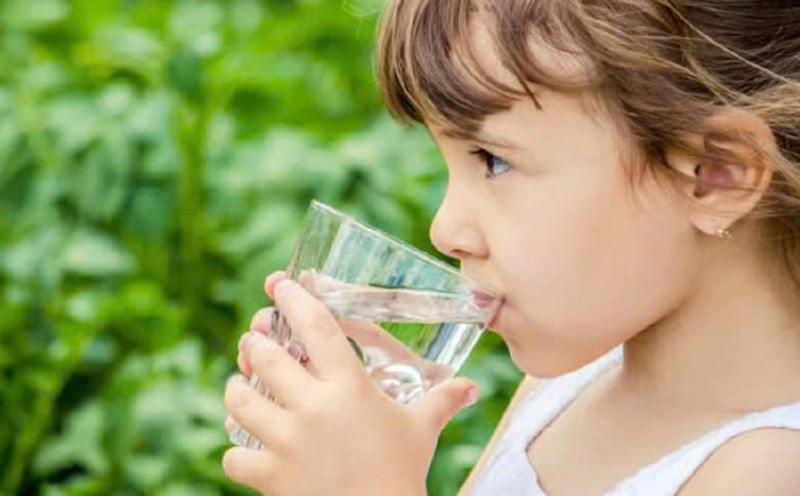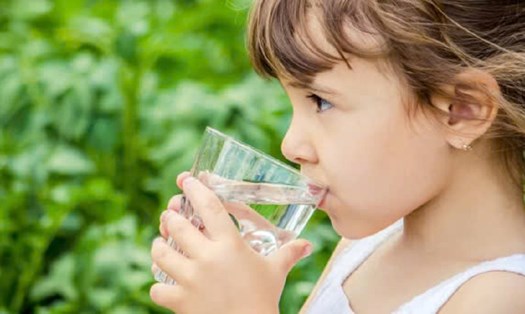How does dehydration affect the heart?
Dr Sumanjita Bora, General Practitioner, Apollo Clinic, Sarjapur (India) - said: "Maintaining water balance in the body is important for cardiovascular health. When the body is dehydrated, the amount of blood circulating is reduced, causing low blood pressure, which can make you feel dizzy or faint. To compensate, the heart has to beat faster to supply enough blood, which puts a strain on the heart and can lead to heart problems. Drinking enough water helps maintain heart function, slows down the deterioration of the heart and reduces the risk of heart failure."
Why does dehydration cause heart palpitations?
According to Dr. Sumanjita Bora, dehydration can cause heart palpitations because it affects blood volume and electrolytes in the body, increasing the burden on the heart. Specifically:
Hypovolemia: When the body is dehydrated, the amount of blood circulating is reduced, causing hypotension (low blood pressure). To compensate, the heart must beat faster to supply enough blood and oxygen to the body.
Electrolyte imbalance: Dehydration can change the levels of electrolytes such as sodium, potassium, and magnesium in your body. These substances are important for maintaining normal heart function. When electrolytes are imbalanced, your heart rate can become irregular or rapid.
Thicker blood: Dehydration thickens blood, forcing the heart to work harder to pump blood, which increases heart rate.
Symptoms of dehydration
Dehydration can cause many problems in the body, with the following signs:
- Feeling extremely thirsty
- Dry mouth and mucous membranes
- Dark urine
- Tired and lack of energy
- Low blood pressure
- Dizziness and lightheadedness
- Dry and inelastic skin
- Heart palpitations
- Confusion and fainting in severe cases
How to treat rapid heartbeat due to dehydration
Drink enough water: The simplest and most effective way is to replenish enough water for your body. Drink water regularly, especially on hot days, when exercising or when sick.
Replenish electrolytes: If you exercise for a long time or have signs of severe dehydration, you should use drinks containing electrolytes to replenish lost minerals.
Dietary adjustments: Make sure you get enough important minerals like potassium, magnesium, and sodium in your diet to help your heart function properly.
If your palpitations persist or are accompanied by dizziness, fainting, or chest pain, you should see a doctor to determine the cause and receive prompt treatment.











